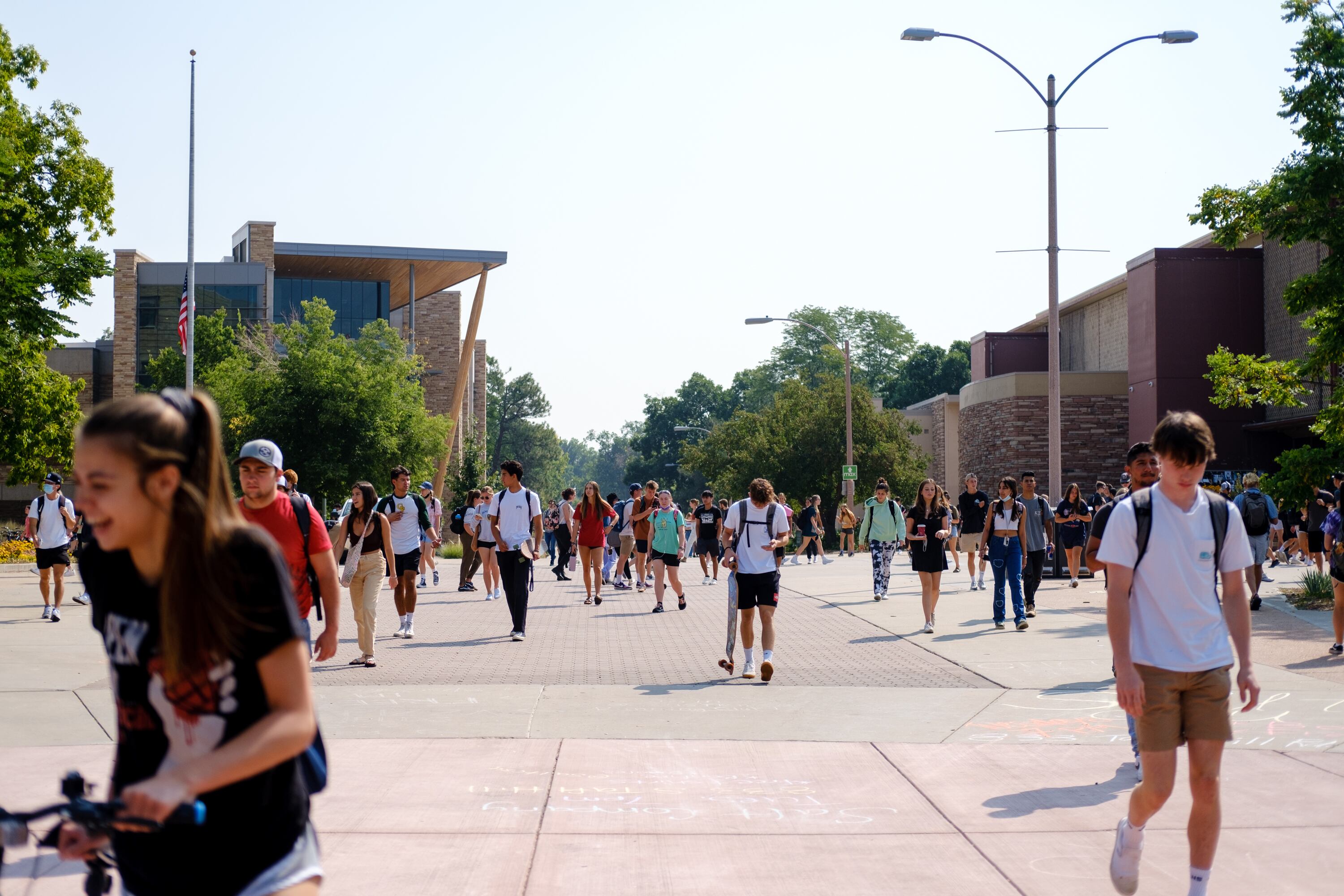Colorado State University’s teacher preparation program won the state’s seal of approval Wednesday and a nod to recent changes in how the university trains future educators to teach young students how to read.
The State Board of Education voted unanimously to approve all 15 majors in the university’s traditional teacher prep program, including early childhood education — the only one that includes a focus on reading instruction.
The decision is the latest development in an ongoing state effort to hold Colorado’s teacher preparation programs accountable for how they train prospective teachers on reading instruction. The state began the reading crackdown in 2018 and in recent years ordered several prominent universities to revamp reading coursework, including the University of Northern Colorado, Metropolitan State University of Denver, Regis University, and University of Colorado Denver.
While the coursework critiques differed a bit at each university, state reviewers generally found too little or inconsistent focus on reading fundamentals, such as phonics; textbooks that don’t align with the science of reading; and teacher candidates unfamiliar with the state’s main reading law, known as the READ Act.
The “science of reading” refers to a large body of research on how children learn to read.
Colorado State University is one of a handful of universities that earned the state’s full approval on the first try, with state reviewers noting that reading courses there were updated both last spring and this fall.
“We found that their content and their training was deeply aligned and the [teacher] candidates could speak well to … strategies aligned to scientifically based reading,” said Mary Bivens, executive director of educator workforce development at the Colorado Department of Education, during Wednesday’s meeting.
Asked by a board member about the attitudes of Colorado’s teacher prep program leaders toward the state’s science of reading push, Bivens said, “I think our institutions have recognized … that some of them needed to bring in faculty who truly understood scientifically based reading instruction at a deeper level or train up their current faculty.”
Colorado State, which is based in Fort Collins, produces a relatively small number of future teachers who will teach young students how to read. This year 67 students are enrolled in its early childhood education program, most of them undergraduates. The university doesn’t have an elementary education or special education major — two other programs that produce future reading teachers.
The University of Colorado Boulder, which has an elementary education major, will be one of the next teacher prep programs to come up for reauthorization before the State Board of Education, probably in February.
Ann Schimke is a senior reporter at Chalkbeat, covering early childhood issues and early literacy. Contact Ann at aschimke@chalkbeat.org.






